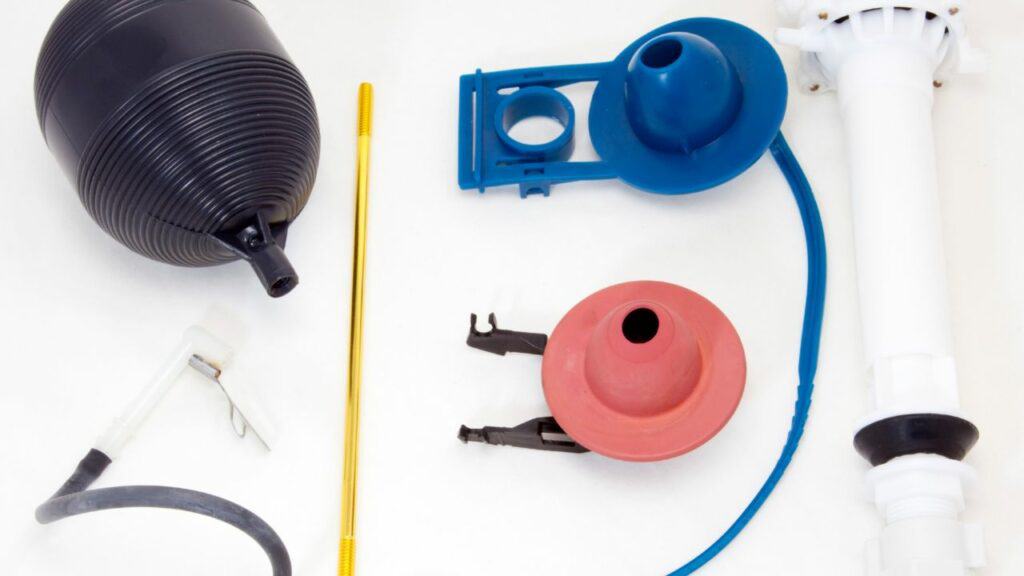Shower filters are designed to improve water quality by removing impurities such as chlorine, which can irritate skin and hair, and other chemicals found in tap water.
The effectiveness of shower filters can vary based on the contaminants in the water and the filtration technology used. Although users often experience softer skin and less irritation, shower filters are not a complete solution to water quality problems and should be used as part of a comprehensive water treatment strategy.
The Science Behind Shower Filters
Shower filters are devices designed to improve water quality by removing contaminants. They attach to the showerhead and use various filtration methods. Activated carbon is a common method that absorbs chlorine and organic compounds, reducing odors. However, carbon filters are less effective with hot water and need regular replacement.
KDF filters, using a copper-zinc formula, also remove chlorine, bacteria, and other impurities through redox reactions. These filters are durable and work well under different water conditions, but they don't remove minerals like calcium and magnesium, nor do they purify water as thoroughly as whole-house systems.
Shower filters are useful for reducing exposure to certain contaminants in shower water.
Effectiveness Against Common Contaminants
Shower filters are effective at reducing chlorine and some other contaminants in water. They are not completely foolproof but are especially good at handling chlorine, which is widely used to disinfect water but can cause dry skin and hair. Filters can remove up to 99% of chlorine, improving water quality and reducing skin irritation.
These filters typically use carbon media or a KDF process, which uses copper and zinc, to filter out impurities. The KDF method is effective at removing chlorine even in hot water, where carbon filters may struggle. They also help lower levels of heavy metals such as lead and mercury, often present in older water systems.
However, shower filters do not solve all water issues. They are less effective against minerals that cause hard water, iron, or sulfur. For comprehensive water quality solutions, a whole-house water filtration system might be necessary.
Installation and Maintenance Considerations
When selecting a shower filter, it is important to consider how easy it is to install and the frequency of maintenance required. Inline shower filters are designed for easy installation, attaching directly to the existing shower arm, allowing users to keep their current showerhead and benefit from filtered water.
Installation instructions are usually straightforward, suitable for those who prefer to do it themselves, thus often eliminating the need for a professional. Compatibility with the home water system is crucial to avoid installation issues. Shower filters usually require little attention once installed.
Maintenance typically involves replacing the filter every 3 to 6 months, although some, like KDF 55 filters, may last 8 to 12 months. Timely replacement is necessary to maintain filter effectiveness in combating hard water and contaminants such as copper.
The convenience of replacing the filter cartridge is also an important consideration. Some shower filters are designed for easy and quick cartridge changes, minimizing downtime and maintaining filter performance.
Understanding these aspects helps homeowners make informed decisions about using shower filters and ensures effective water filtration in the shower.
Comparing Shower Filter Types
Shower filters vary, using different technologies to reduce water contaminants. Inline filters are placed between the water pipe and showerhead, allowing the use of an existing showerhead. Built-in filters are part of the showerhead and offer a cleaner look and easier setup, but may limit design options.
Carbon filters remove chlorine, VOCs, and odors, using activated carbon. Their performance can diminish in hot water. Kinetic Degradation Fluxion (KDF) filters, made of copper and zinc, eliminate chemicals through redox reactions. They are often combined with carbon filters to improve longevity and efficiency.
Shower filters are less effective than whole-home water softeners in treating hard water. They may not remove all contaminants, such as minerals and heavy metals.
When selecting a shower filter, consider the contaminants in the water and personal requirements. Assess whether the goal is to only remove certain pollutants or to also address water hardness, which might necessitate a whole-home system.
Impact on Skin and Hair Health
A shower filter can improve skin and hair health by removing irritants from water.
Hard water contains minerals such as calcium and magnesium, which can cause dry skin and brittle hair. Shower filters reduce these minerals and help prevent dryness and irritation. They also protect against chlorine and chloramine in tap water, which can strip away natural oils, leading to further dryness.
People living in hard water areas may find their hair rough and dull because minerals stick to it, increasing the risk of breakage. Shower filters eliminate these chemicals, preserving the hair and skin's natural moisture.
Additionally, cleaner water from shower filters promotes a healthy scalp, reducing dandruff and hair breakage. For those with sensitive skin or conditions like eczema, filters that reduce chlorine and other irritants can be especially helpful.
Using a shower filter is a straightforward way to enhance skin and hair health.





